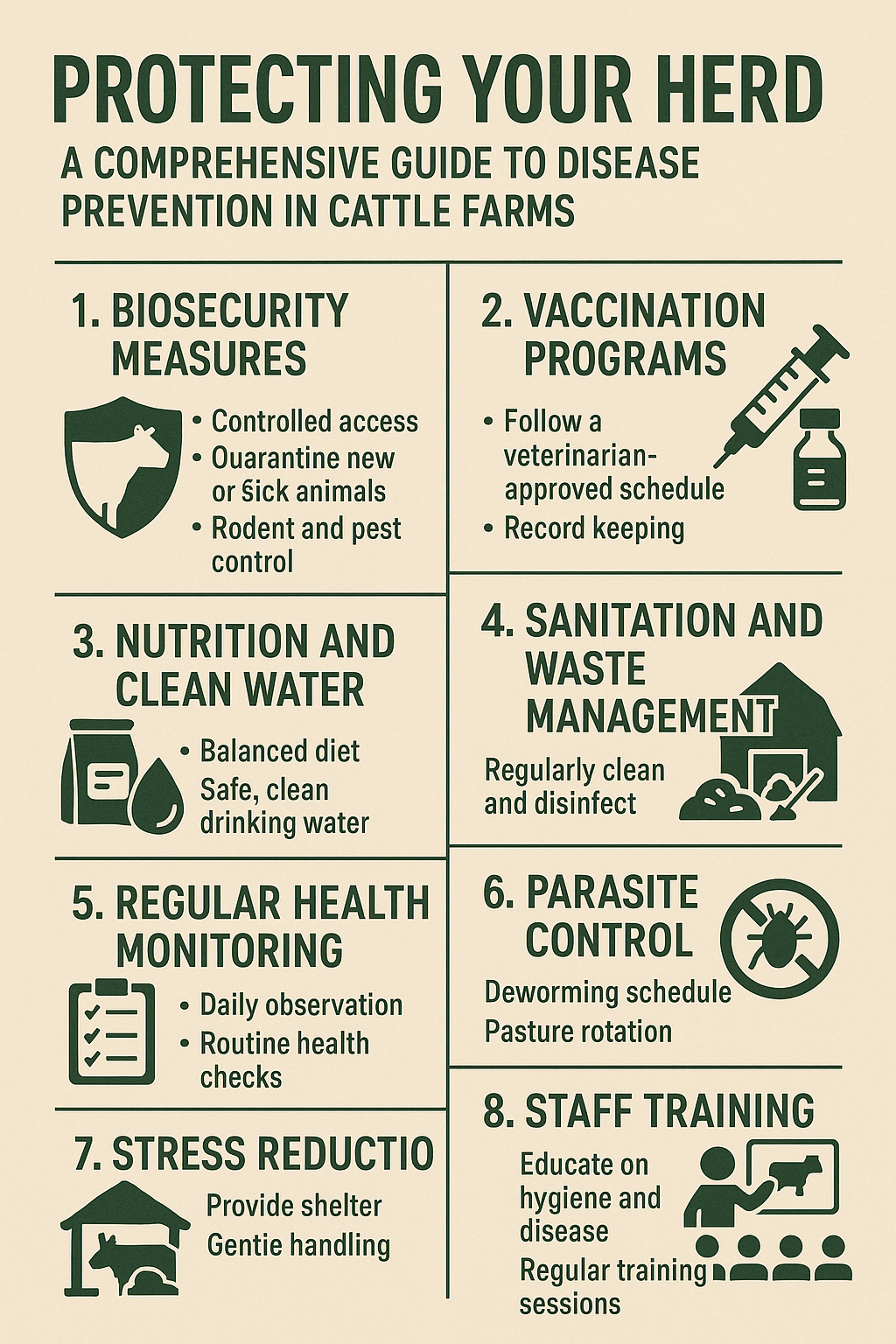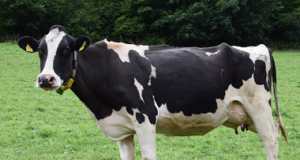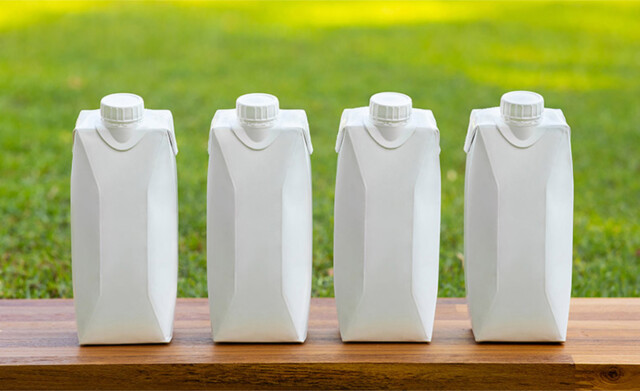
Sustainable Packaging Solutions
The dairy industry, a significant contributor to global food production, is under increasing pressure to adopt more sustainable practices. Packaging, a substantial component of the dairy value chain, plays a crucial role in product preservation and consumer appeal. However, traditional packaging materials often have a negative environmental impact.
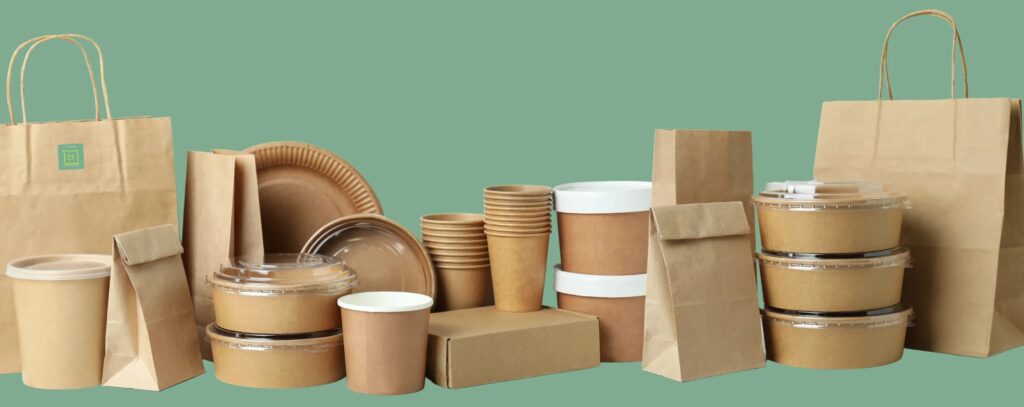
Challenges of Traditional Dairy Packaging
- Environmental Impact: Conventional dairy packaging materials, such as plastic and polystyrene, contribute to pollution, greenhouse gas emissions, and waste management challenges.
- Resource Depletion: The production of these materials often requires significant amounts of fossil fuels and non-renewable resources.
- Consumer Concerns: Consumers are becoming increasingly aware of the environmental impact of packaging and are demanding more sustainable options.
Sustainable Packaging Materials
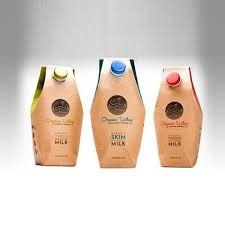
- Paper and Cardboard:
- Recyclability: Paper and cardboard are widely recyclable, making them a more sustainable option compared to plastics.
- Biodegradability: When properly composted, paper and cardboard can decompose naturally.
- Versatility: These materials can be used for various packaging formats, including cartons, trays, and sleeves.
- Biodegradable Plastics:
- Plant-Based Materials: Biodegradable plastics made from plant-based materials like cornstarch, sugarcane, and seaweed offer a sustainable alternative to traditional plastics.
- Compostability: These materials can decompose naturally in compost environments.
- Functionality: Biodegradable plastics can be used for various packaging applications, including pouches, bottles, and films.
- Recycled Materials:
- Post-Consumer Recycled (PCR) Plastics: Using recycled plastics reduces the demand for new materials and helps divert waste from landfills.
- Recyclability: PCR plastics can be recycled multiple times, further reducing their environmental impact.
- Glass:
- Recyclability: Glass is infinitely recyclable, making it a sustainable packaging option.
- Durability: Glass is durable and can be reused multiple times, reducing waste.
- Consumer Appeal: Glass packaging often has a premium image, appealing to consumers seeking high-quality products.
Sustainable Packaging Design
- Minimalist Design:
- Reduced Material Usage: Minimizing the amount of packaging material used can significantly reduce environmental impact.
- Efficient Design: Optimizing packaging design to reduce waste and improve product protection can enhance sustainability.
- Reusable and Refillable Packaging:
- Consumer-Owned Containers: Encouraging consumers to bring their own reusable containers can eliminate the need for single-use packaging.
- Refillable Packaging: Offering refillable options for products like milk and yogurt can reduce waste and promote sustainability.
- Smart Packaging:
- QR Codes and RFID Tags: Incorporating QR codes or RFID tags into packaging can provide consumers with information about the product’s origin, sustainability credentials, and recycling instructions.
- Time-Temperature Indicators: These indicators can help monitor product freshness and prevent waste.
Innovative Packaging Solutions
- Edible Packaging:
- Biodegradable Coatings: Edible coatings made from natural materials like seaweed or beeswax can protect products while being safe for consumption.
- Flavor Enhancers: Some edible packaging materials can even enhance the flavor of the product.
- Bio-Based Inks and Adhesives:
- Plant-Based Ingredients: Using inks and adhesives made from plant-based ingredients can reduce the environmental impact of packaging.
- Packaging-as-a-Service (PaaS):
- Shared Packaging Solutions: PaaS models allow businesses to share packaging resources, reducing waste and costs.
Case Studies of Sustainable Dairy Packaging
- Tetra Pak: Tetra Pak, a leading packaging company, has developed a range of sustainable packaging solutions for the dairy industry, including cartons made from renewable materials and recyclable packaging.
- Danone: Danone, a global food and beverage company, has committed to using 100% recyclable or compostable packaging by 2025.
- Arla Foods: Arla Foods, a dairy cooperative, has invested in sustainable packaging solutions, including reusable bottles and cartons made from renewable materials.
The dairy industry has a significant opportunity to contribute to a more sustainable future by adopting innovative packaging solutions. By embracing sustainable materials, efficient design, and innovative approaches, dairy processors can reduce their environmental footprint, meet consumer expectations, and drive positive change in the packaging industry.



